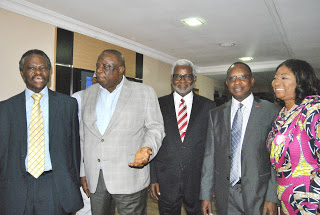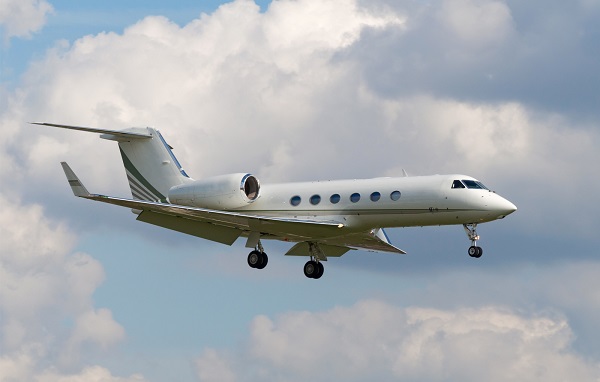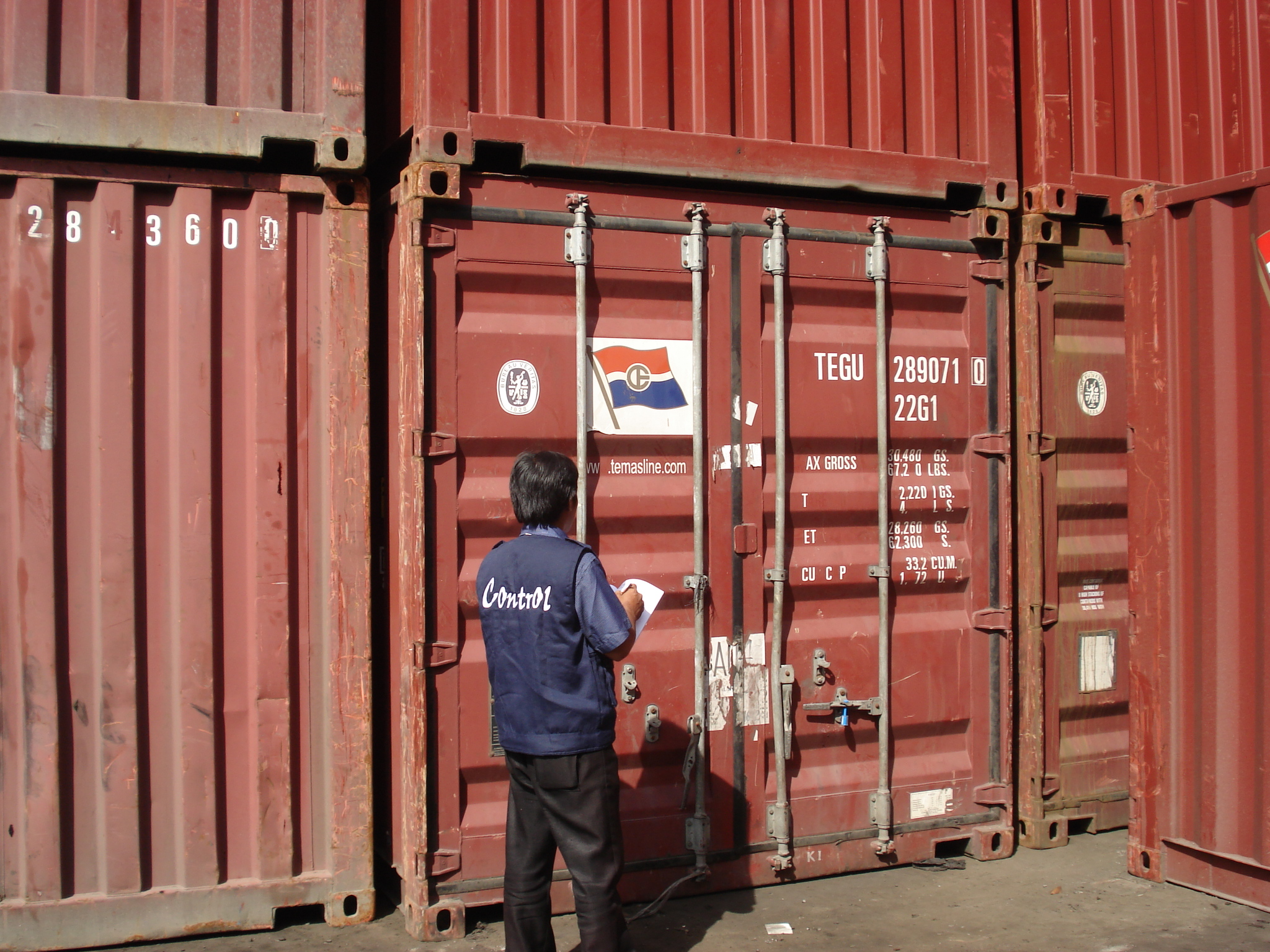Why Implementation Of Aviation Safety Recommendations Is Pertinent

By Okuneye Moyosola
The importance of Nigerian Civil Aviation Authority (NCAA) and the Accident Investigation Bureau (AIB) to the aviation industry cannot be over emphasized as they both play crucial roles in ensuring safety in the aviation industry. The AIB is responsible for investigating aircrafts accidents and also issues recommendations to prevent such occurrence; while NCAA is saddled with the responsibility of ensuring that these recommendations are implemented.
AIB can be seen as the investigator while NCAA is the regulator. However, sometimes these recommendations are made, but they are not implemented as a result of several factors such as the cost and the risk involved in implementing the recommendations.
Timely release of reports and implementation of recommendations is also necessary to further enhance safety in the sectors. It is also important to note that safety recommendations were as critical as the investigation itself, as it is used to effect safety changes and improvements in the aviation industry.
At the Quarterly Business Breakfast Round Table meeting organized by Aviation Round Table (ART) held last week, the Pioneer Commissioner of AIB, Engineer Sam Oduselu gave a guide on how AIB can ensure that the recommendations made are implemented.
He also emphasized the importance of training in ensuring that the recommendations made are of good integrity. According to him, integrity plays an important role in the validity of the recommendations made. A poor recommendation could cause an accident that would cost several lives. It is therefore important that those involved in the investigation do not hide facts and ensure that the details of the accidents are made available.
Excerpts:
People will want to listen to Accident investigation Bureau if you have the right caliber of people. What I was able to do as a pioneer commissioner was to assemble experienced people in their fields of endeavour. It will interest you to know that I even had an Air Traffic Controller as one of the inaugural staff. Not only that, I had one for weather, I had captains and I had engineers but all that did not make them an investigators. What we did was the takeoff and beginning of accident investigation.
I must thank Dr. Harold Demuren for all the efforts that went into trying to set up Accident Investigation Bureau as the government finally listened to the industry stakeholders. The ICAO standard is for you to have an autonomous AIB. Before now, AIB used to be a department in the Ministry of Aviation.
On taking off, you need a lot of money because if you think what you are spending in training and infrastructure is too expensive, then you should try spending when an accident eventually occurs. In setting this up, I almost got jailed because I had an accident investigation fund in my budget. Nobody prays for an accident but you have to be prepared and you need to take care of the bureaucracy of investigating an accident. The bureaucracy is taking file from one table to the other for funds to be released to you. Those ones that I capture in my budget, I put it in fixed deposit in the name of government.
Along the line, I was reported and the minister called me in and said I was going to jail. He asked me why I was keeping the money and told me to spend it. I told him I couldn’t spend it because there is nothing to spend it on. I was able to get my staff at that particular time trained in Cranfield University and that is where they went through accident investigators courses. Actually that should have been a training that comes in two sections. You do one in summer and one in winter. The cost of ticket alone is enough for us not to be able to do anything but I went there and I was able to make an agreement and we did it on a particular sitting.
You don’t start an accident investigation with the aim of indicting anybody. You have to be objective when conducting accident investigation. If it comes up that NCAA is involved in that accident, you have to discuss it because the authority won’t be able to deny it as the facts are there, you didn’t make it up. You don’t have to preconceive that you want to indict somebody in the report.
The reason why people keep saying we don’t need to implement is because the investigators are looked at as been compromised. For instance, if you are working for the ministry and you are investigating me of an airline, with your salary in the ministry, they will be able to compromise you easily. I was able to go out of that and ensure that the people of the ministry and those that work in NCAA get the same salary.
If you have the training, remuneration and you have the tools to use, it will be very difficult for you to compromise investigators. But the stereotype in this country is that investigators are compromised. Up until I left, and if that system is maintained, I can say that investigators cannot be compromised in this country anymore.
However, the problem we are having is if we give autonomy, the autonomy should be allowed to work. Once we finish our report, we sit with the NCAA and we both go through the reports. If there is any safety recommendation that NCAA would not accept, we would discuss it and we would be convinced that they do not need to implement it. Up until I left, there was no report sent to NCAA that we sit, write report and send to them. Rather, we sit with them. Our biggest problem is that the report is written but it’s not hitting the industry. Once you get the recommendations to NCAA, it has to be implemented. You can have an accident and have a preliminary recommendation once you have a preliminary report. This is to avert danger.
Sometimes, the report will be in the ministry for up to 3 years before it is released. What I am saying is that when you say this is an autonomic organization, let the report from the beginning to the end hit the industry so that people can have the opportunity to read. That in itself is to avert having the same type of occurrence. I am yet to see or hear any of our report that we have given out and NCAA said they won’t implement.
For us to be able to do this job, we have to ensure we get the right caliber of personnel, make available good remuneration, good training and also retrain our staff. If safety recommendations are meant to be discussed with the authority, AIB does not have the power to enforce recommendation but will collaborate with the civil aviation and also monitor when those safety recommendations are injected into the industry.
There has to be collaboration between AIB and NCAA. If we have a report and we write safety recommendations, we have a section in which NCAA and AIB will sit together and go over the recommendation. I sat with Dr Harold Demuren (Former Director General of NCAA) at one of such meetings and at that point there was no indication from NCAA saying they were not going to do it. For us to get this safety aspect right, we need not only the law but the operator of the law.
If they do not sit together, AIB might just send recommendations and if for any reason the recommendations won’t be implemented by NCAA, they would not know. The report is out there but we are not using the report or interjecting it into the industry. Regardless of the laws that we come up with, there should still be that relationship between two of them. That means each body knows where to stop and where to begin.








